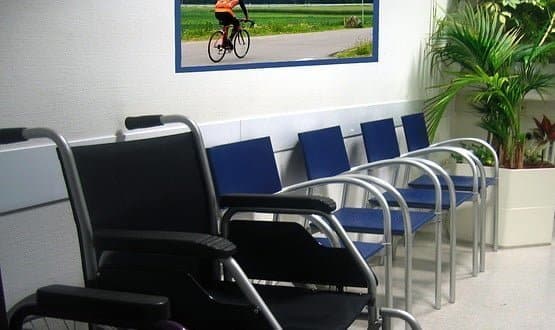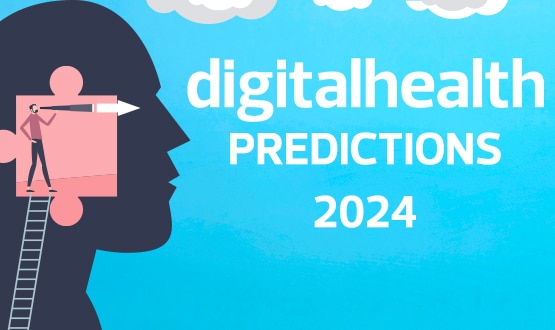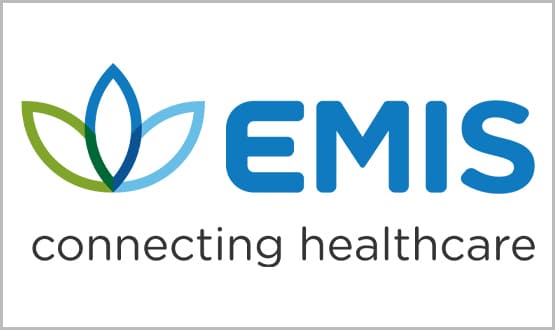Another view of savings
- 19 August 2014

I keep thinking about the concept of ‘failure demand’. Invented by John Seddon, it’s a concept that says that service industries often fail their customers by making them follow pointless processes, instead of just dealing with what they want or need.
Often this occurs during some attempt to outsource or restructure for efficiency reasons. The problems it leads to include: a tendency to produce much more activity than was expected, thereby failing to save on costs; and making customers unhappy, thereby losing good will and reputation.
Sometimes, an appointment is what is needed
I think I first came across this idea, although I didn’t know the name for it at the time, when my practice tried nurse telephone triage. We put a lot of process in the way of giving people what they wanted – an appointment to be seen. In my experience, people want to be physically seen for urgent things.
Yes, they may be happy to be Skype’d or called for results or reviews or other very simple things, especially if it means that they don’t to take a day off work. But when they are ill, they tend instinctively to want to be touched and examined.
Of course, we need to be careful that we don’t stifle all innovation. So I guess the trick is to know which new systems introduce failure demand and which meet demand.
I suspect our current IT systems are incapable of producing the data to help us with that decision in their current form. I’d appreciate your thoughts or experiences on that?
Sometimes, the system has failed
The reason I’ve been thinking about this concept is the massive hole in the NHS budget that we hear about so much. We are all meant to be coming up with ways to deal with it, and two clinical cases this week showed me where some of those efficiencies might come from.
The first was a little old lady who had her cataract operated on as a day case. Returning the next day to a post op clinic, she was told her eye was quite inflamed and to take some drops for a month.
The doctor gave her a prescription on a piece of paper. It only works in the hospital pharmacy. After she went around there and waited some time, it dispensed her prescription as a policy 1 bottle, which lasts two weeks.
Being quite anxious, she and her husband fretted about what to do about the next two weeks of drops. Of course, they rang us.
Because we don’t usually have an access problem, they got through, got an appointment the same day, came in, sat in the waiting room, and then came into my room to explain that they needed a second bottle of drops for the remaining two weeks.
Unfortunately, they hadn’t brought the first bottle with them, and I’d yet to get any letter or communication from the hospital as to what it was they had been given.
I explained there was no rush and they should go home – ring the surgery again, leave a message for me naming the drops, and I’d write out a prescription. Which was what happened. Did I give a good service?
I think they were failed several times. How much wasted time, effort, resource did this episode produce? If even a small percentage of interactions the NHS produces are this inefficient it’s no wonder it’s costing a fortune.
IT might or might not help
The main failure was at the hospital. The drops cost £1.80. So the hospital, which is no doubt getting £500+ for the op and £100 for the follow-up, saved itself just under £2 by not handing over two bottles.
For it to do this, the patient had to make two phone calls, one extra trip to the hospital, and two trips to see me or the practice staff – when I didn’t really need to see her at all.
However, I wonder if we should have pushed harder about why she wanted an appointment with us when she rang. If we had, we might have been able to avoid the appointment, and so make things a little bit more efficient?
It’s possible. Although the receptionist I asked about this felt she hadn’t got a clear story from the lady; and some patients don’t like giving details to receptionists.
IT may offer a solution to this problem – I've certainly seen some computerised triaging that might help. But ultimately the solution probably lies in the better management of joint budgets.
Old habits die hard
My next example, though, has real possibility to be solved by IT. The day after I’d seen the little old lady, I saw another patient who had been seen by the same ophthalmology department, who was under follow up for glaucoma.
Thousands if not millions of patients are in this position every year. He’d been seen and, as his pressures were higher than expected, the department had advised him to have his drops changed.
He turned up with a frankly unreadable scrap of paper – again we didn’t have a letter, and won’t have one for weeks, even though the contract says we should get one within 48 hours.
Why our clinical commissioning group won’t hold providers to this I fail to understand, as it would make a real difference to the number of failed encounters.
But even if we had received a letter, it occurred to me that this appointment would be crazy. Why am I having to see every patient the hospital ophthalmology department wants to do something to?
Open up the records and force change
I know the department must have some form of electronic patient record, but I’m not sure whether it uses it for glaucoma.
I struggle to understand this concept of every department needing its own system, and then only using it for some of the conditions it is meant to deal with. Why doesn’t it just get a window into our practice systems?
I’m on Emis Web. As far I as understand it, my patients’ data is stored on a cloud server somewhere. I have a client on my desk that authenticates me as a valid user and allows me to see their data.
Why can’t the ophthalmology department have a client that does the same thing, but instead of having its staff use the whole GP front end, just give them access to the information that they need; drugs, allergies, significant history, investigations, and so forth.
Then they could record the pressures and – here’s the miracle – change the medication themselves. They could even issue a prescription at the same time, if needs be, on our drugs budget.
In the time it takes them to dictate “please ask GP to change drug a to b” they could do it themselves, print off the script, hand it to the patient – knowing they would walk out of the room with the right thing – and enter the information into the records contemporaneously.
It’s possible. It’s time to make it happen
I know it’s possible. Emis Mobile runs as an app. It accesses the main cloud database. It has a different UI. Why can’t we have a browser based version for different specialities?
There are loads of little versions that would make sense. A DM clinic one. A rheumatology clinic one. A renal clinic one. Even just a post hospital admission one – I get several patients a week coming in for a sick note that the local hospital claims it can’t produce.
I get the sense that the hospital just can’t be bothered. It’s always done things a certain way, and that way is getting me, the GP to do it.
Giving its staff appropriate access to the GP record might be a way of getting away from this ‘pass the buck’, write a letter and forget about it way of doing things. And it would be a huge potential area of saving.


Dr Neil Paul
Dr Neil Paul is a full time partner at Sandbach GPs; a large (22,000 patient) practice in semi-rural Cheshire. He is also one of the directors of 4GPs Ltd. Dr Paul has been involved in primary care IT and health service management for more than ten years in various roles, including PEC member and urgent care lead. In his spare time, he writes medical iPhone software and is a keen photographer.




